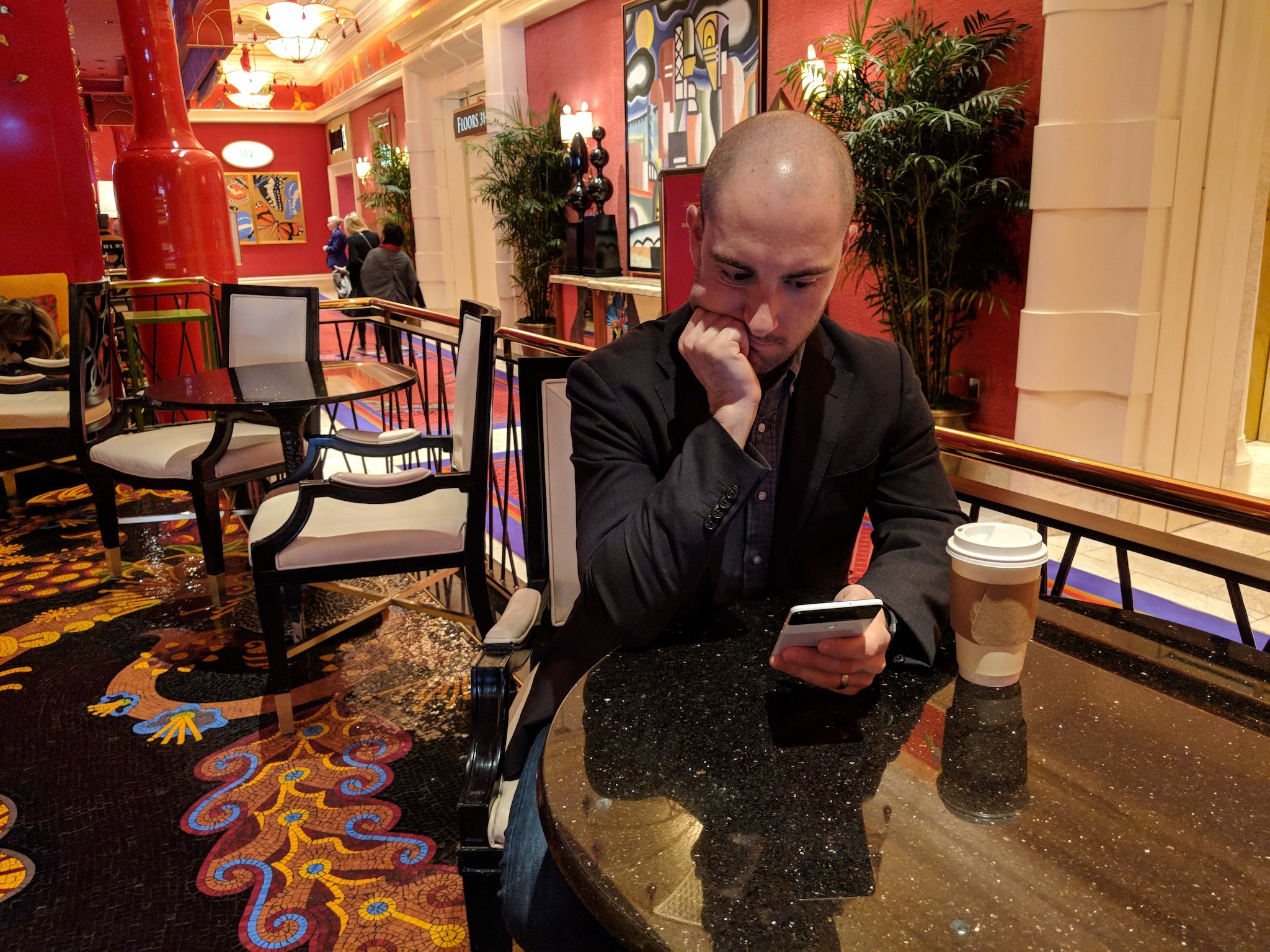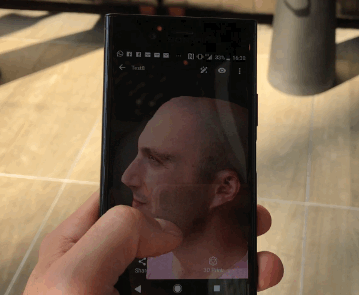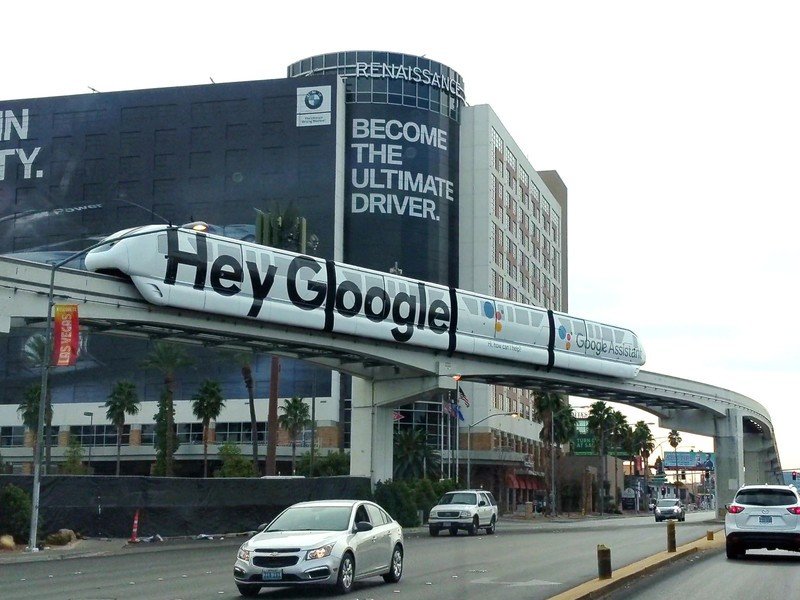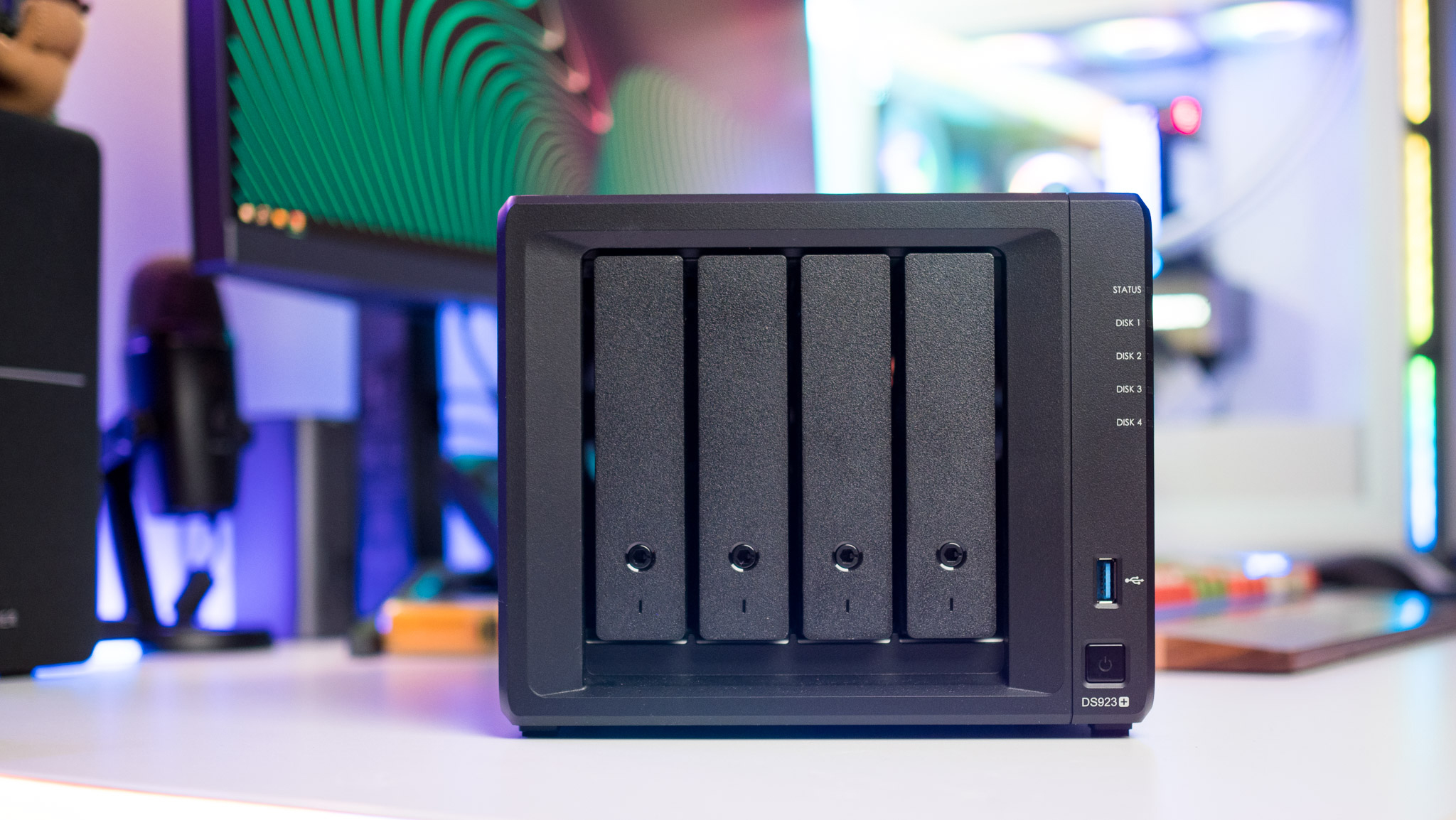Phone addiction is making me sad and anxious, but so is the idea of quitting

As many people do over the holidays, I tried to spend less time on my phone. I tried to be more present with the people in front of me. But occasionally, after 10 or 15 minutes sitting in the same spot, my mind wandered a bit, as did my hand, towards the phone sitting face down on the table in front of me. I'll just look —
"Dan, are you bored?" My mom, breaking from a conversation with my wife, asked me directly. I'd been scrolling through Twitter for over two minutes, but I was convinced it had only been a few seconds. I completely lost that time — time that I won't be able to get back. Was it worth it? In the moment it felt like the right thing to do, to surreptitiously pick up my phone and respond to someone on the internet who wanted my attention.

Over the past few years, I've noticed my own attention wavering more easily, even when my phone isn't nearby. Just the knowledge that there are notifications to check and people to communicate with is often enough to take me out of myself, even for a moment. My phone is the first thing I look at in the morning as it lays unassuming next to my head on the bedside table. It's the dopamine hit I need in the lulling mid-afternoon hours and the easiest way to look busy when I want to avoid that awkward conversation.
These are dangerous behaviors if left to propagate undeterred. I want to be able to use my phone as a tool, as a means to get work done or enjoy a few moments to myself, to scroll through Twitter or read an article or play a quick game or whatever one does with a smartphone. When I put my phone down, I want to feel good about what I just did. I want to avoid the feeling that I'm not in control.
And according to recent research into the topic, I'm not alone.
Have you noticed that you can't pay attention to things as well as you used to? You're not alone.
In an article published in The Globe and Mail over the weekend called "Your smartphone is making you stupid, antisocial and unhealthy. So why can't you put it down?", author Eric Andrew-Gee posits that millions of people are dealing with the negative effects of smartphone use.
What these people say – and what their research shows – is that smartphones are causing real damage to our minds and relationships, measurable in seconds shaved off the average attention span, reduced brain power, declines in work-life balance and hours less of family time.They have impaired our ability to remember. They make it more difficult to daydream and think creatively. They make us more vulnerable to anxiety. They make parents ignore their children. And they are addictive, if not in the contested clinical sense then for all intents and purposes.
The problem is not the phones themselves. These are marvels of technology, able to instantly provide us with the tools to complete tasks we would have thought impossible with a handheld only a few years ago. The issue is with our brains, and how we respond to the constant stimuli that developers have integrated into the apps and services we use every day.
Be an expert in 5 minutes
Get the latest news from Android Central, your trusted companion in the world of Android
To ensure that our eyes remain firmly glued to our screens, our smartphones – and the digital worlds they connect us to – internet giants have become little virtuosos of persuasion, cajoling us into checking them again and again – and for longer than we intend. Average users look at their phones about 150 times a day, according to some estimates, and about twice as often as they think they do, according to a 2015 study by British psychologists.These companies have persuaded us to give over so much of our lives by exploiting a handful of human frailties. One of them is called novelty bias. It means our brains are suckers for the new. That's why social media apps nag you to turn notifications on. They know that once the icons start flashing onto your lock screen, you won't be able to ignore them. It's also why Facebook switched the colour of its notifications from a mild blue to attention-grabbing red.
The more awareness we have of this physiological limitation, the better chance we have of metering our use and finding equilibrium — digital compromise — with this incredible tool. Inevitably, people will say that the problem isn't with the phone but me, my weakness, that the screen is just amplifying a tendency for distraction, for displeasure with the status quo, with myself. Yes, yes, and yes.
Phones are not inherently bad, but they bring out our brains' worst tendencies.
But what I'm quickly discovering is that this isn't a problem unique to me, nor is it something that I should be keeping to myself. Much has been made about the positive impacts of smartphones in people's lives — hell, were it not for their proliferation, I probably wouldn't have this amazing job — and as an optimist, I tend to think they're doing far more good than harm.
But here we are, ten years after the smartphone revolution, and we're finally taking stock of its negative implications, too. If such a reckoning leads to a calming of my brain, a lessening of anxiety, and higher-quality time spent with the people I love, I will see it as a success.
That's why I'm committing to doing more with less in 2018, to find a balance between dopamine and responsibility. I can't, and don't want to, stop using a smartphone every day — it's the central nervous system of my personal and professional lives — but in the moments when it's easy to escape into it, I will challenge myself to be present, and own any discomfort that comes with it.

Elsewhere, it's CES 2018 and much of the Mobile Nations crew has descended on sunny (and coming from the east coast, much warmer) Las Vegas. While there isn't a single category or company that seems destined to dominate the conversation in 2018, it's interesting that Google appears to be everywhere.
Like Microsoft and Apple, Google usually takes a hands-off approach to CES, disseminating its message through partner announcements and subtle, quirky installations. This year, there is nothing subtle about what Google is doing — and it's entirely to do with Google Assistant which, like Alexa did in previous years, is expanding in interesting and impressive ways. (Perhaps one way to use my phone less is to rely more on voice assistants.)
Don't expect too many phone announcements, either — and as Andrew said last week, keep your expectations in check when things are announced — but I think the most important Android-related volley will be from Huawei. That the Mate 10 Pro will be sold by a carrier is a big deal, and while the details aren't yet finalized, a partnership with AT&T is likely forthcoming. It's going to take a lot of education and marketing dollars for Huawei to make a peep in the U.S., and the notion of dethroning Samsung is ludicrous at this point — especially with the sorry state of EMUI — but the third-largest handset maker in the world is literally the only company that has a chance.
You can catch all of the CES 2018 announcements right here at AC, but if you want the good stuff, the weird behind-the-scenes stuff, follow us on Instagram and check out our story.
That's it from me — hope you had a safe and happy new year!
-Daniel
Daniel Bader was a former Android Central Editor-in-Chief and Executive Editor for iMore and Windows Central.

